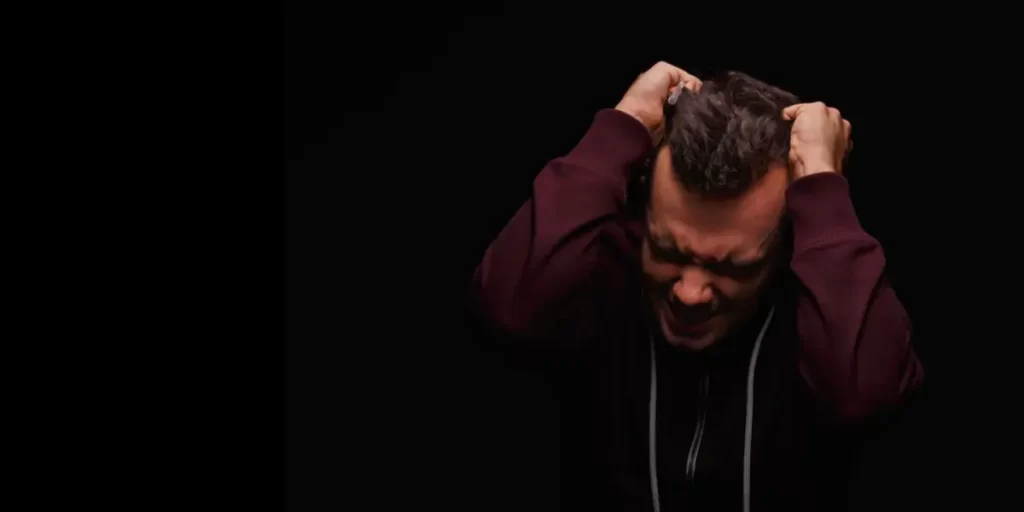Understanding Psychological Dependence

Psychological dependence on drugs or alcohol involves a compulsive belief that a person needs an addictive substance to function. A person may feel an overwhelming compulsion or emotional desire to consume the substance, often to the detriment of most other areas of their life. As compulsive substance use affects a person’s health, relationships and work, they may feel a great deal of shame and regret. Often, people attempt to counteract this guilt by using substances even more often, creating a vicious cycle that can be difficult to break.
What is Psychological Dependence?
Psychological dependence on drugs or alcohol can cause you to think about nothing but your perceived need for the chemical. Without adequate psychological interventions, it will seem as if only the addictive substance can satisfy this intense need. The addiction becomes a crutch. Without the substance, the person may believe that they cannot function in some way, such as being able to cope with pain or fall asleep.
If you are experiencing psychological dependence, you will likely feel:
- An intense craving or compulsive need for the substance
- A rush of anxiety when you don’t have the substance available
- Severe depression when you cannot have the substance you’re craving
- Restlessness and irritability when you aren’t using the substance consistently
- Mood swings including a feeling of panic when trying to quit the substance
- Insomnia when trying to quit the substance
- The inability to concentrate for long periods because all you can think about is getting more of the substance

Physical and psychological dependence are two sides of the same disease.
Treatment for Psychological Dependence
Addiction treatment programs are geared to fight both physical and psychological dependence on drugs and alcohol. Clinical teams in these programs are trained to understand that addiction does not discriminate or separate between the physical and the psychological.
Research reveals that addiction is almost always both physical and psychological: just as the body adjusts to the substance, so too does the mind. One cannot be treated without the other, and both are equally devastating to the person in recovery.
When physical and psychological addiction occurs, treatment is a necessity. When you enter into drug or alcohol rehab, you can receive dual treatment to combat withdrawal and the physical symptoms of your substance use disorder. Then, clinicians can work to treat your psychological dependence by address the emotional and mental processes that contribute to psychological dependence.
If you are struggling with both physical and psychological dependence on a drug, call The Recovery Village Ridgefield today. Our admissions team can answer any questions you have about treatment and help you take the first step toward recovery.




